Publications
Articles, publications, books, tools and multimedia features from the U.S. Institute of Peace provide the latest news, analysis, research findings, practitioner guides and reports, all related to the conflict zones and issues that are at the center of the Institute’s work to prevent and reduce violent conflict.
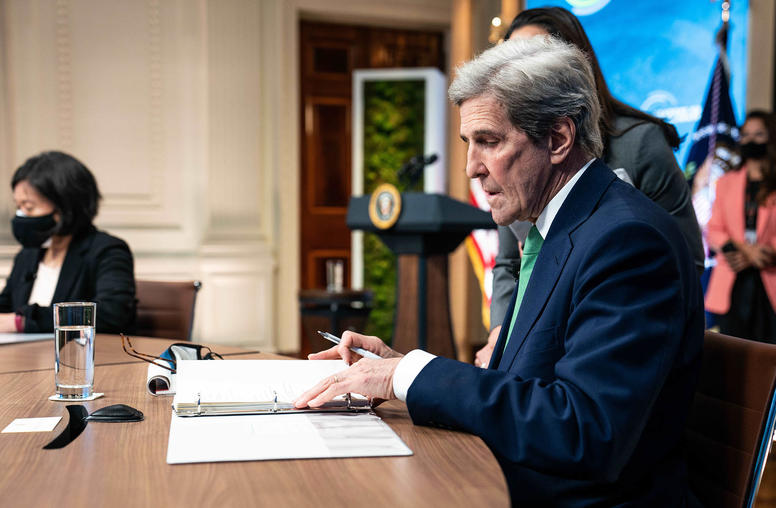
What Does John Kerry’s Visit Mean for U.S.-China Climate Cooperation?
This week, U.S. Special Envoy on Climate Change John Kerry spent four days in China in the hopes of facilitating a thaw in U.S.-China climate cooperation and easing tensions between Washington and Beijing more broadly. While the talks did not yield any major breakthroughs, any progress toward a shared climate agenda cannot be taken for granted after nearly two years of frozen relations. And with Kerry announcing plans for more bilateral talks ahead of the next round of U.N. climate negotiations in November, it appears that climate change may offer a tentative path for rebuilding trust between the two world powers.
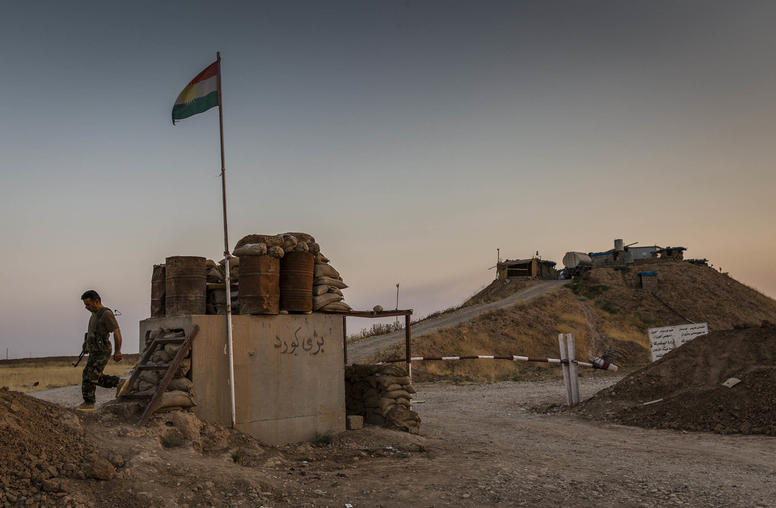
Kurdish Official Lists ISIS and Climate Change as Top Threats
More than five years since the Iraqi government declared victory over ISIS, a senior Kurdish official says the terrorist group is among the top threats facing the region. Alongside ISIS, Rebar Ahmed, minister of interior in the Kurdistan Regional Government (KRG), listed climate change and the resource scarcities and migration it would trigger as a critical challenge.
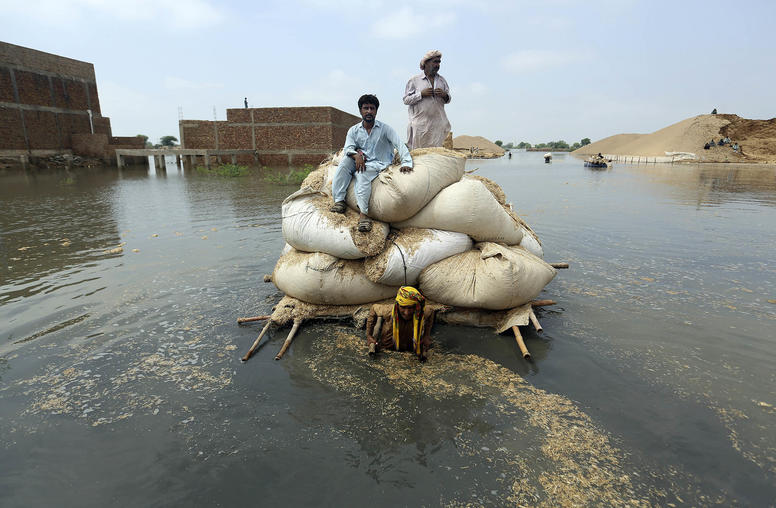
Displaced to Cities: Conflict, Climate Change, and Rural-to-Urban Migration
Countries as geographically diverse as Honduras, Jordan, and Pakistan are experiencing a common challenge—rapid growth in urban populations as conflict and climate-induced disasters push people from rural areas into cities. This report examines the effects of this increased urban migration on both the migrants and the urban environment, as well as the challenges policymakers face. It offers recommendations to help meet the needs of growing urban populations and develop adaptive, resilient systems to better withstand the impacts of climate change and conflict.
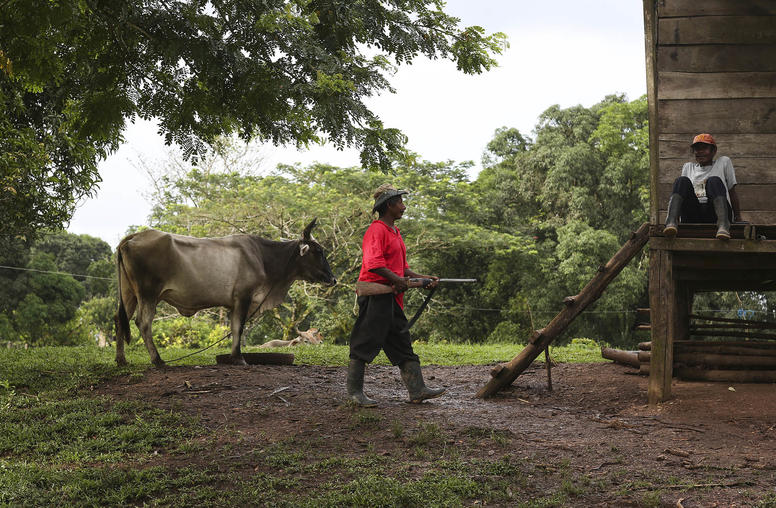
Earth’s best defenders are Indigenous. They pay a price: violence.
Little noted by the world, warfare in India’s northeastern state of Manipur this spring has killed hundreds of Indigenous people and uprooted more than 35,000 residents. This violence along the India-Myanmar border fits a global pattern, also little noted: For decades, some 80 percent of human conflicts have smoldered in the “biodiversity hotspots” where our planet’s flora and fauna are most threatened by battles for resources and wealth — and where Indigenous peoples suffer the violence while protecting humanity’s common ecological heritage. We should strengthen the world’s inadequate public attention and policies on this crisis, and 2023 offers a chance to do so.
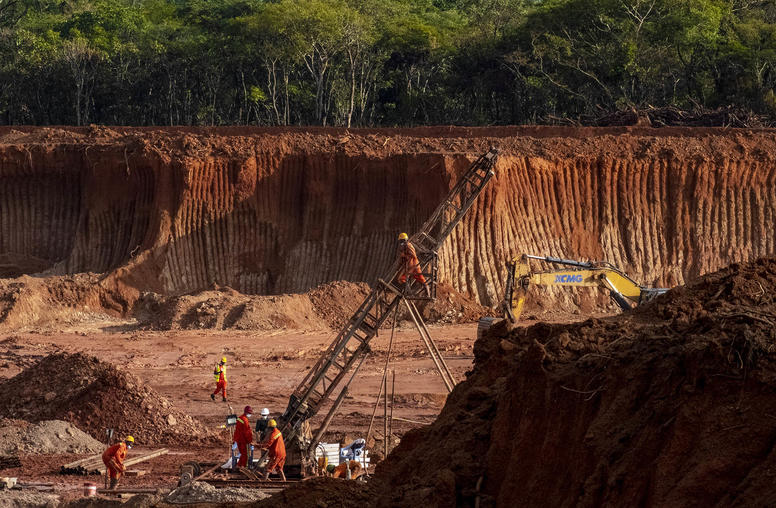
Challenging China’s Grip on Critical Minerals Can Be a Boon for Africa’s Future
Demand for the critical minerals powering the world’s clean-energy technologies, consumer goods and defense applications is skyrocketing. These metals are what the modern economy runs on: we need them for our phones, electric vehicles and satellites, and so much more. Forecasts estimate that in the coming decades, the world will need many times more cobalt, copper, lithium and manganese, among other minerals, than what is currently being produced.
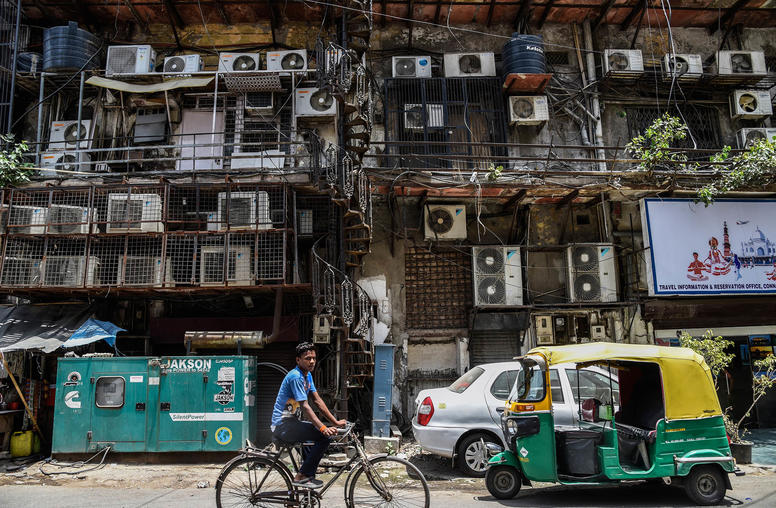
How Heat Waves Are Destabilizing Asia
Unprecedented heat waves continue to ravage Asia this year. Temperatures have climbed to highs of 45 degrees Celsius in Myanmar, 44.5 degrees Celsius in India and 41.9 degrees Celsius in China, with Thailand and Laos breaking all-time high records.
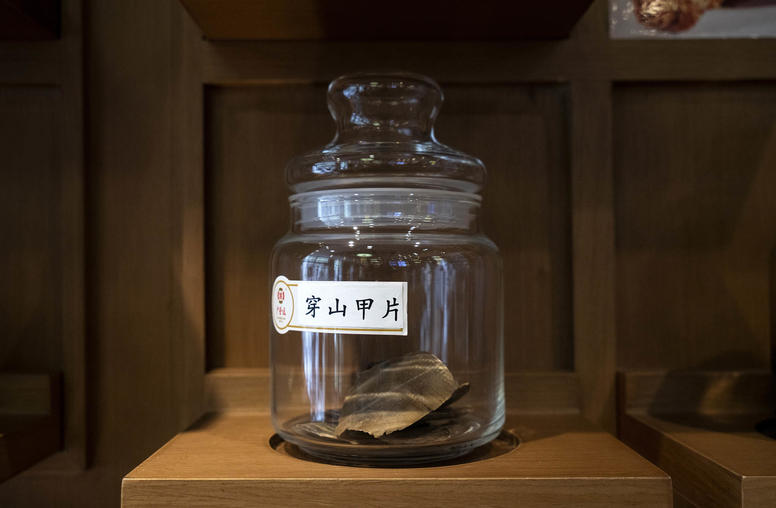
Peace, Poaching and Pangolins in Central Africa
The pangolin — also known as the scaly anteater — is a small, primarily nocturnal mammal that lives in parts of Africa and Asia. Reportedly the most trafficked animal in the world, the pangolin is desired for its scales and its meat, particularly in Southeast Asia. Data shows that a pangolin is poached every three to five minutes. But the demise of the poor pangolin, as well as other trafficked species, has implications beyond the obvious risks to biodiversity. As new research shows, the proceeds of wildlife trafficking also contribute to violent conflict in Central Africa. Researcher Alexia Tata discusses the findings of her research on this issue and its implications for peace and security in the region.
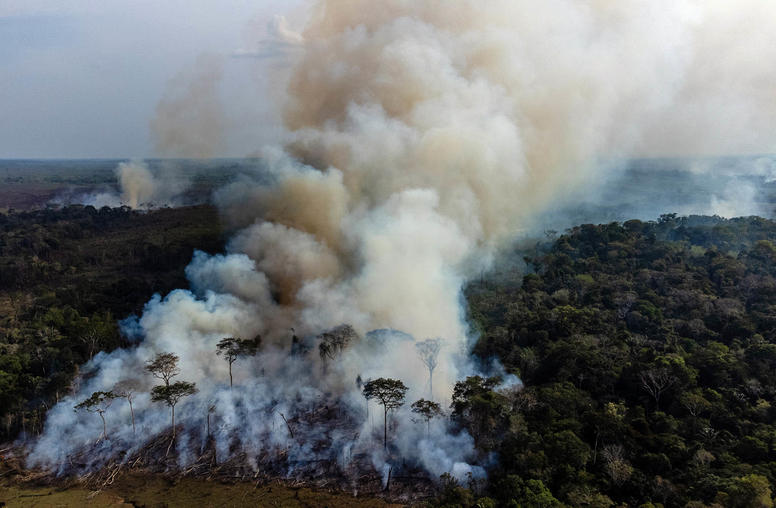
Armed Force Isn’t Saving Colombia’s Forests, But a New Effort Might
In six years since Colombia signed a peace agreement with its largest rebel movement, farmers, miners, loggers and armed groups have surged into the nation’s forests, felling trees and accelerating deforestation and its ills: a destabilized global climate and destruction of biodiversity and local communities’ habitats. As Colombia struggles to establish effective governance, the state is trying to shift away from previous reliance on military force to curb deforestation, a strategy that bred mistrust and violent conflict with local communities. Now a Colombian university is developing more effective forest-protection techniques to build sustainable solutions with those communities — an approach that can be shared globally.
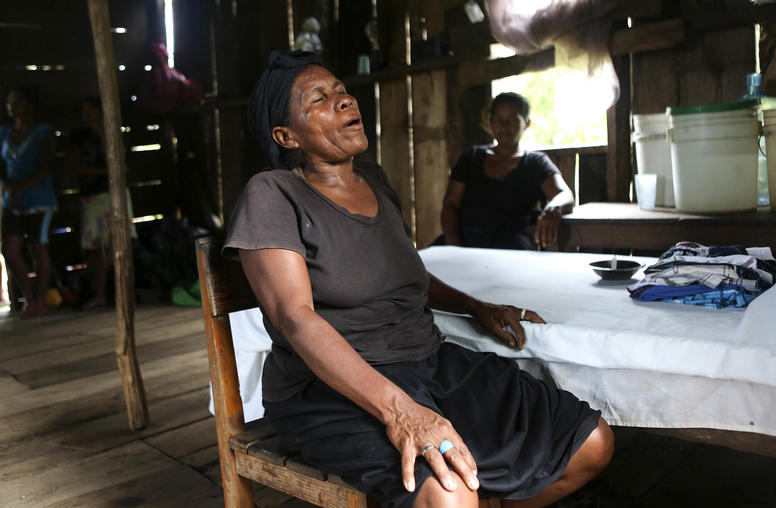
To Secure Shared Environments, We Must Protect Indigenous Peacebuilders
Humanity observes our 53rd annual Earth Day this week while worsening our assault on our planetary home. Arguably our most critical protectors against this self-harm are Indigenous people who, only about 6 percent of us, protect 80 percent of Earth’s biodiversity. Yet powerful elites, armed groups and business interests attack and kill politically marginalized Indigenous environmentalists to continue clawing wealth out of ecosystems from the Amazon and Congo basins to the Himalayas. Any real hope of reversing our environmental degradation will require U.S. and international policymakers to strengthen protections for Indigenous environmentalists.
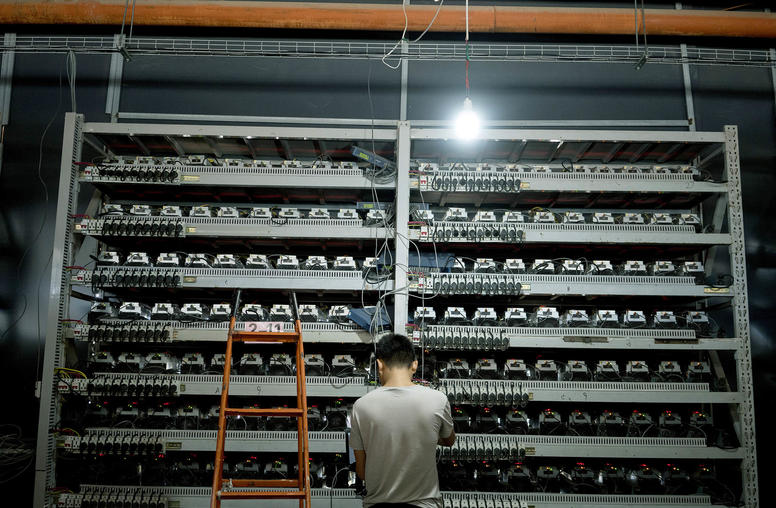
Where Cryptocurrency, Water and Conflict Collide
The booms and busts of the cryptocurrency industry are all over the news. But while the crypto market’s steep decline is a concern for crypto investors, the energy needed to mine cryptocurrency should be what catches the attention of policymakers. As of August 2022, total global electricity usage for crypto assets is estimated to be between 120 and 240 billion kilowatt-hours per year — more than the total used by entire countries such as Australia or Argentina. Amid the global energy crisis and efforts to stem the effects of climate change, the sheer scale of crypto’s electricity usage raises major questions regarding its sustainability.